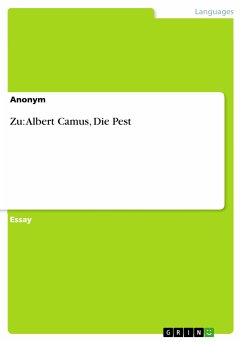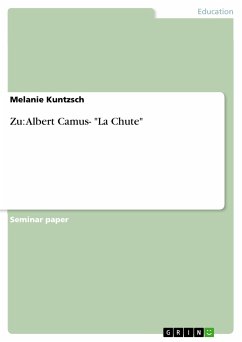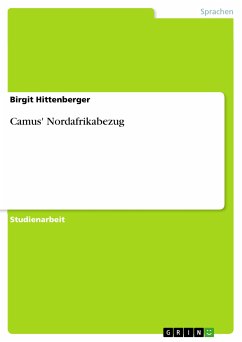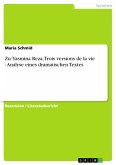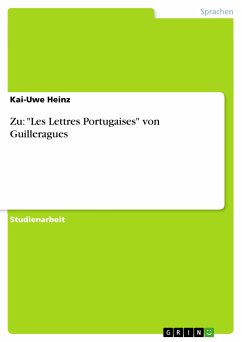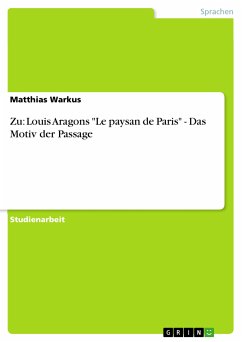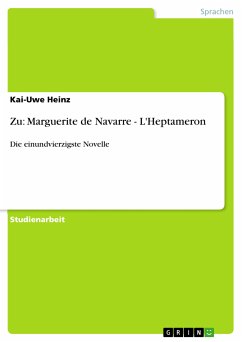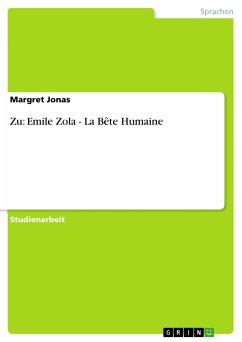Essay from the year 2004 in the subject French Studies - Literature, grade: 2,0, Brandeis University, language: English, abstract: Albert Camus understood the novel as philosophy translated into images. His characters embody ethical theorems and enact the respective patterns of behaviour. This applies also to Tarrou, besides Rieux and Rambert one of the main characters in Camus’ novel The Plague, which was begun and secretly spread as an underground testimony during the author’s time at the résistance newspaper Combat, to be published in its complete form in 1947. Four main discourses intersect in Tarrou. His persona is constituted by the discourses of Truth, History, Life and Death. The following is an examination of them and the relations between them. (The relations are signalled to some extent by ‘links’ in capital letters). Since Camus shaped Tarrou in part after himself - Tarrou’s biography resembles Camus’ unfinished autobiography The First Man - this may also shed some light on the intellectual and emotional forces at work in Camus when he was writing down The Plague.
Hinweis: Dieser Artikel kann nur an eine deutsche Lieferadresse ausgeliefert werden.
Hinweis: Dieser Artikel kann nur an eine deutsche Lieferadresse ausgeliefert werden.

